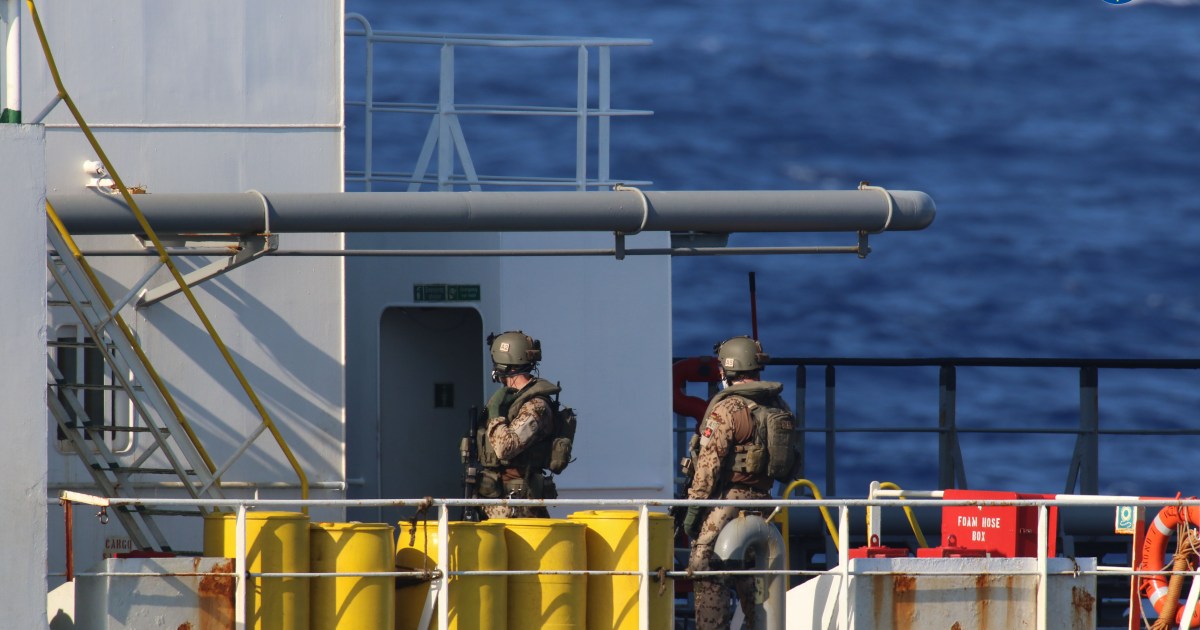The leadership of the arms embargo monitoring operation to Libya (IRENI) announced that it is able to take all necessary measures to accomplish its tasks, including boarding ships suspected of violating the United Nations resolution.
The European Union operation command said it could now deal with uncooperative naval vessels.
The leadership also clarified that the operation had entered its decisive stage, and reached full operational capacity, with a Greek frigate joining the Irene fleet.
It indicated that, during the last four months, it had verified hundreds of ships and dozens of irregular flights, in the context of monitoring the flow of weapons by land, sea and air to Libya.
It added that during the same period, it monitored 10 ports, landing points, and 25 airports and landings.
It explained that its fleet now includes 3 naval vessels provided by Italy, Germany and Greece, 4 aircraft in direct support provided by Luxembourg, Poland, France and Greece, and a drone provided by Italy.
The European Union intends to impose sanctions tomorrow, Monday, on those who violate the arms embargo imposed by the United Nations to Libya.
On Friday, European Union diplomats said that member states agreed to draw up a list of companies and people who helped provide ships, aircraft and other logistical means to transport war materials to Libya.
According to sources from departments in the European Union, the sanctions will be applied specifically to 3 companies from Turkey, Jordan and Kazakhstan, in addition to two people from Libya.

